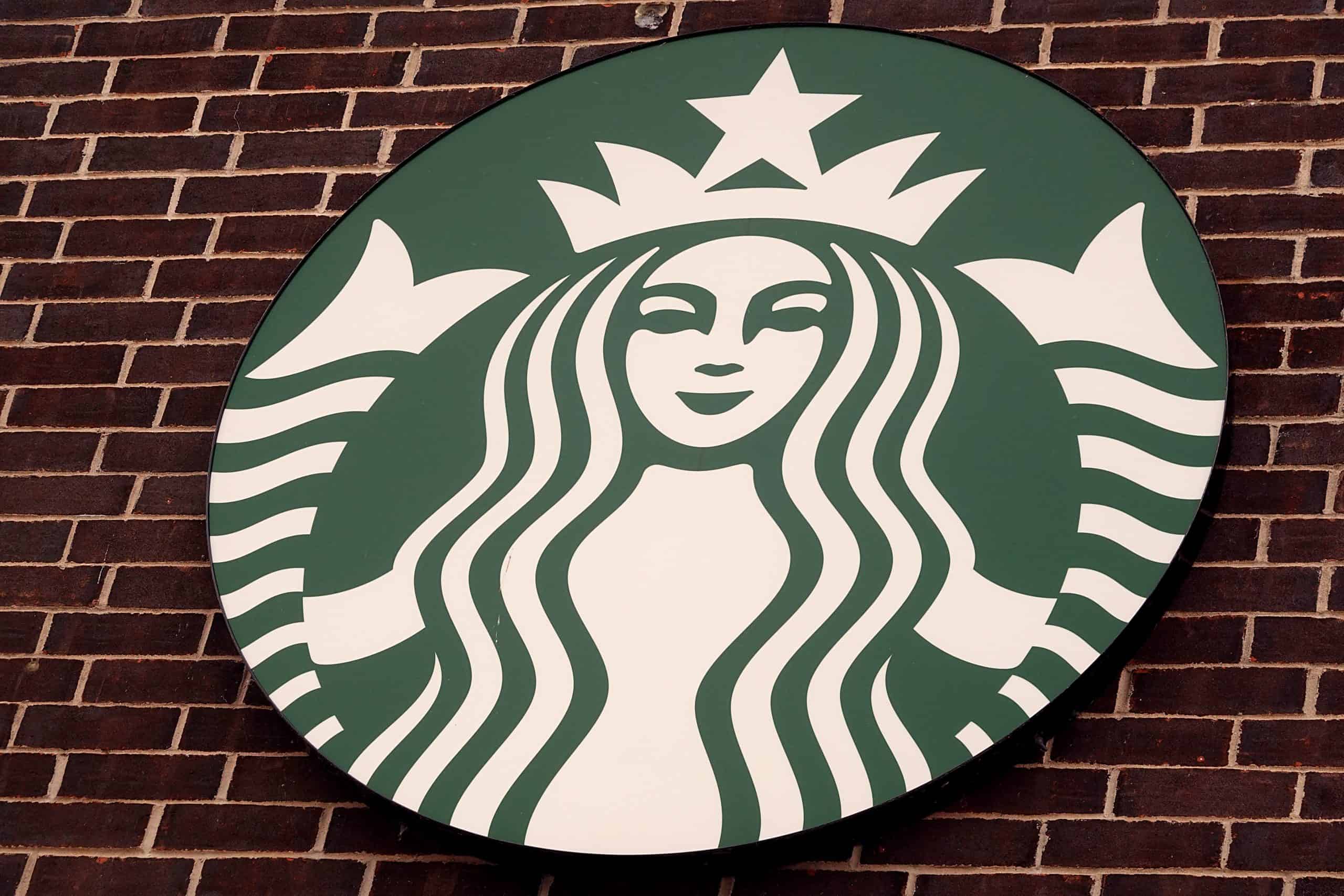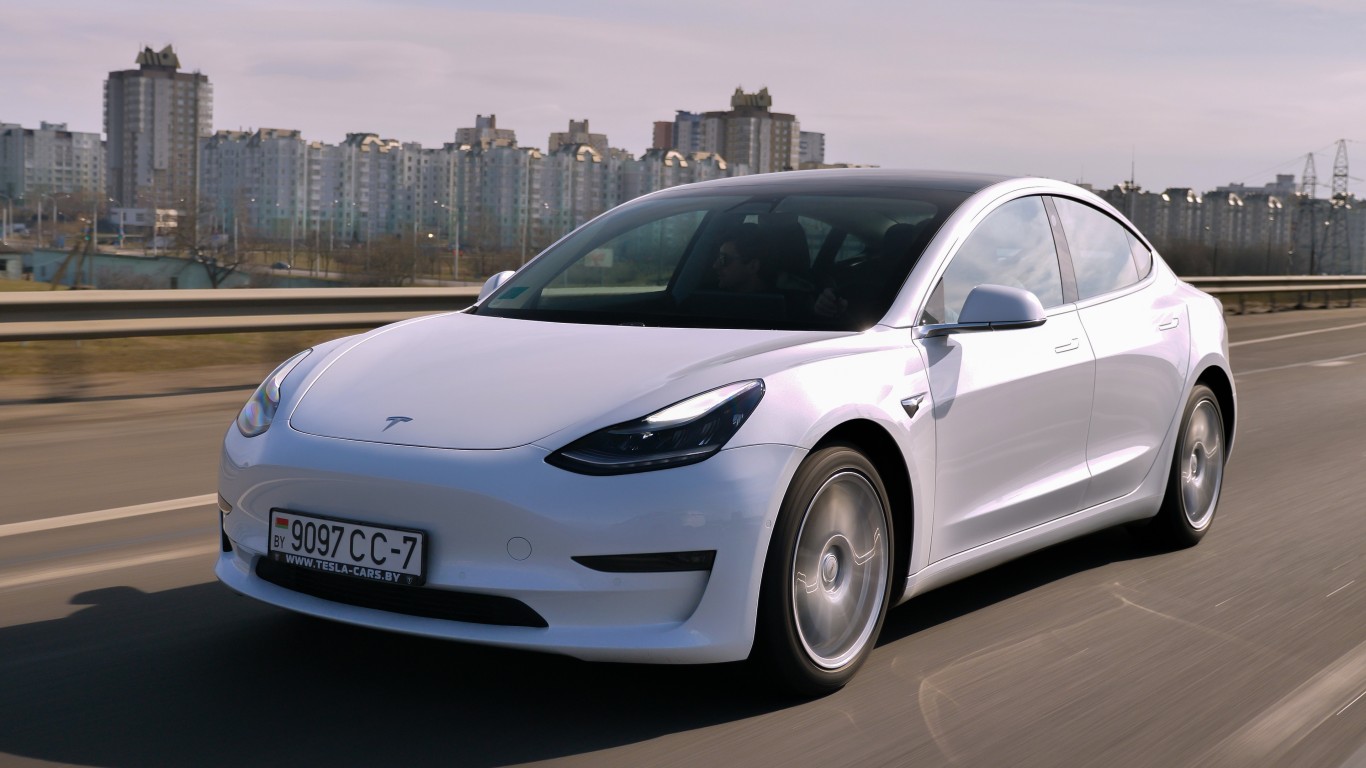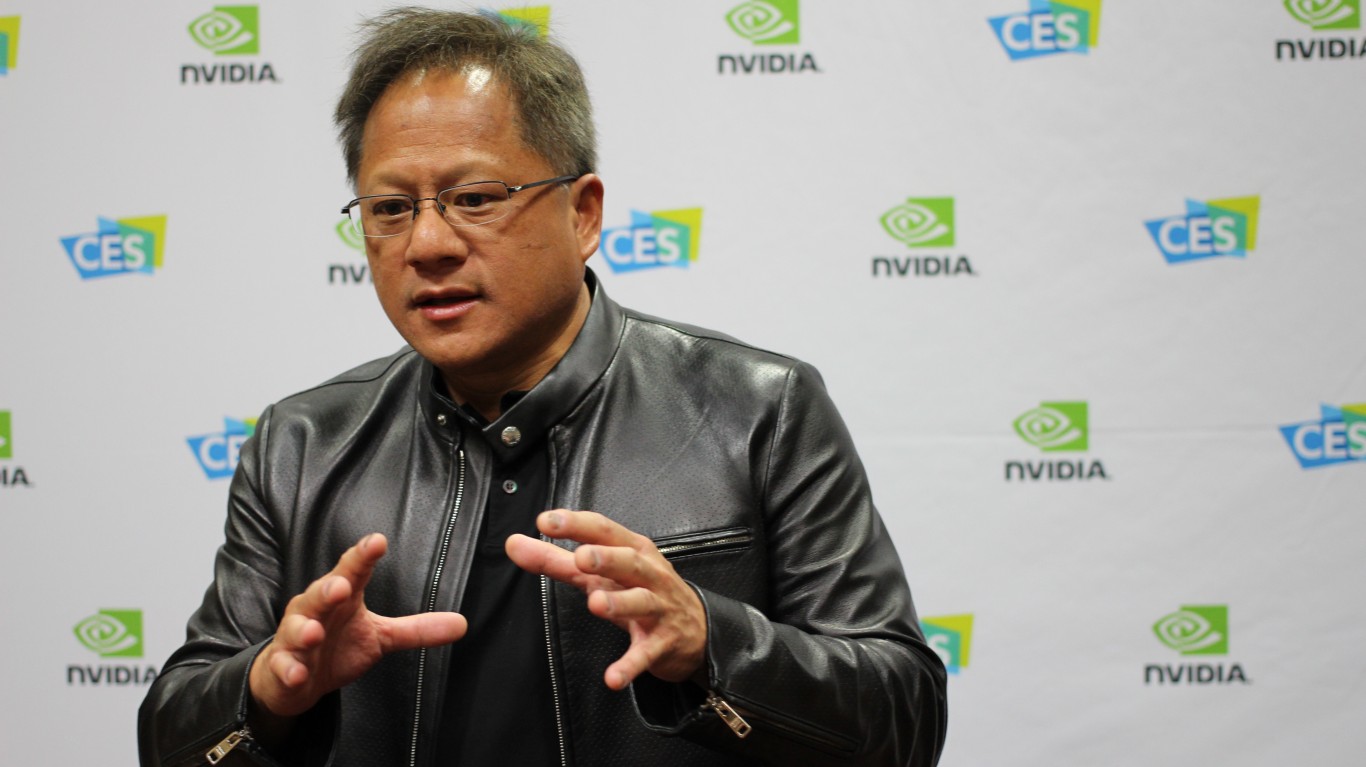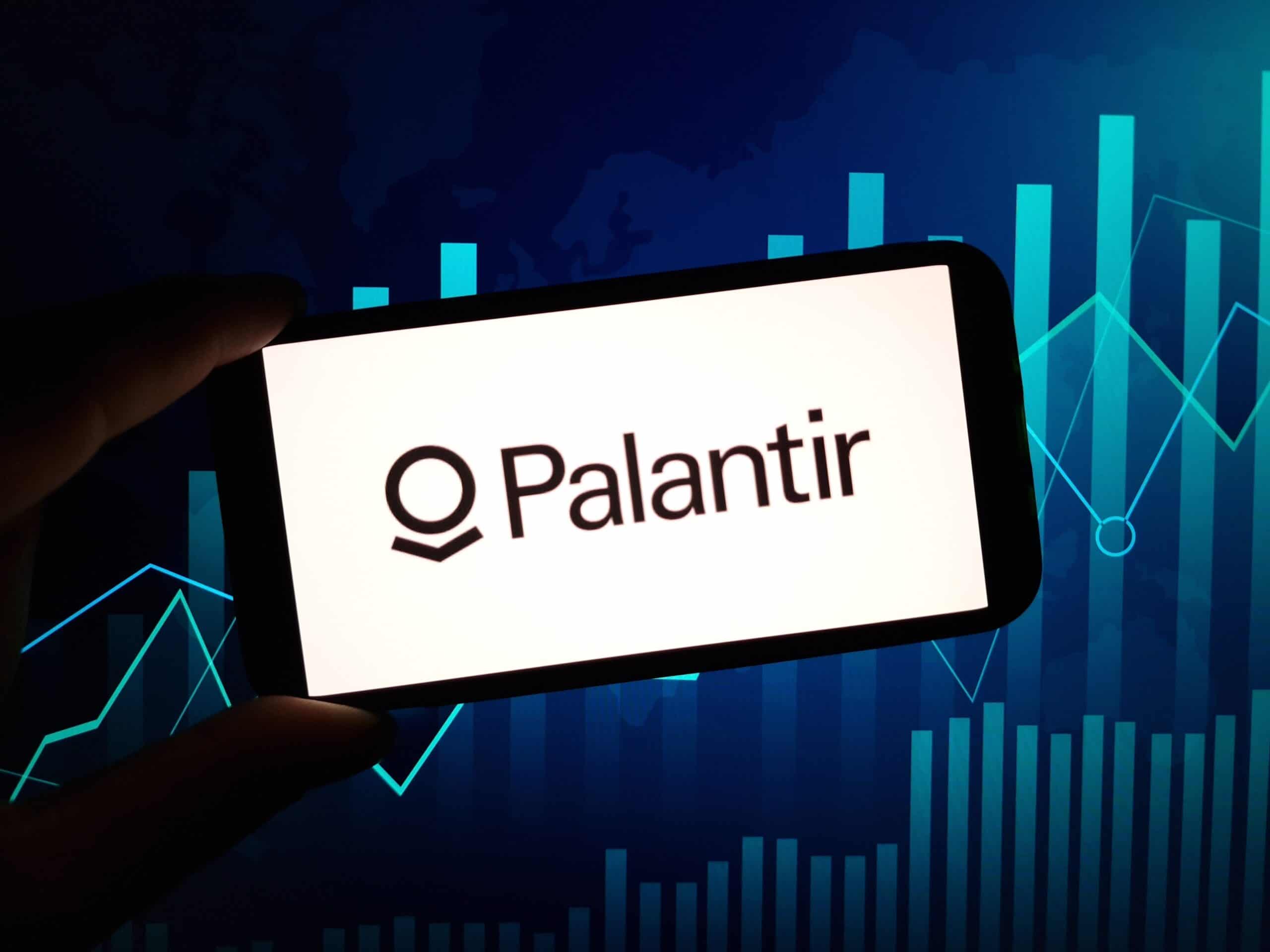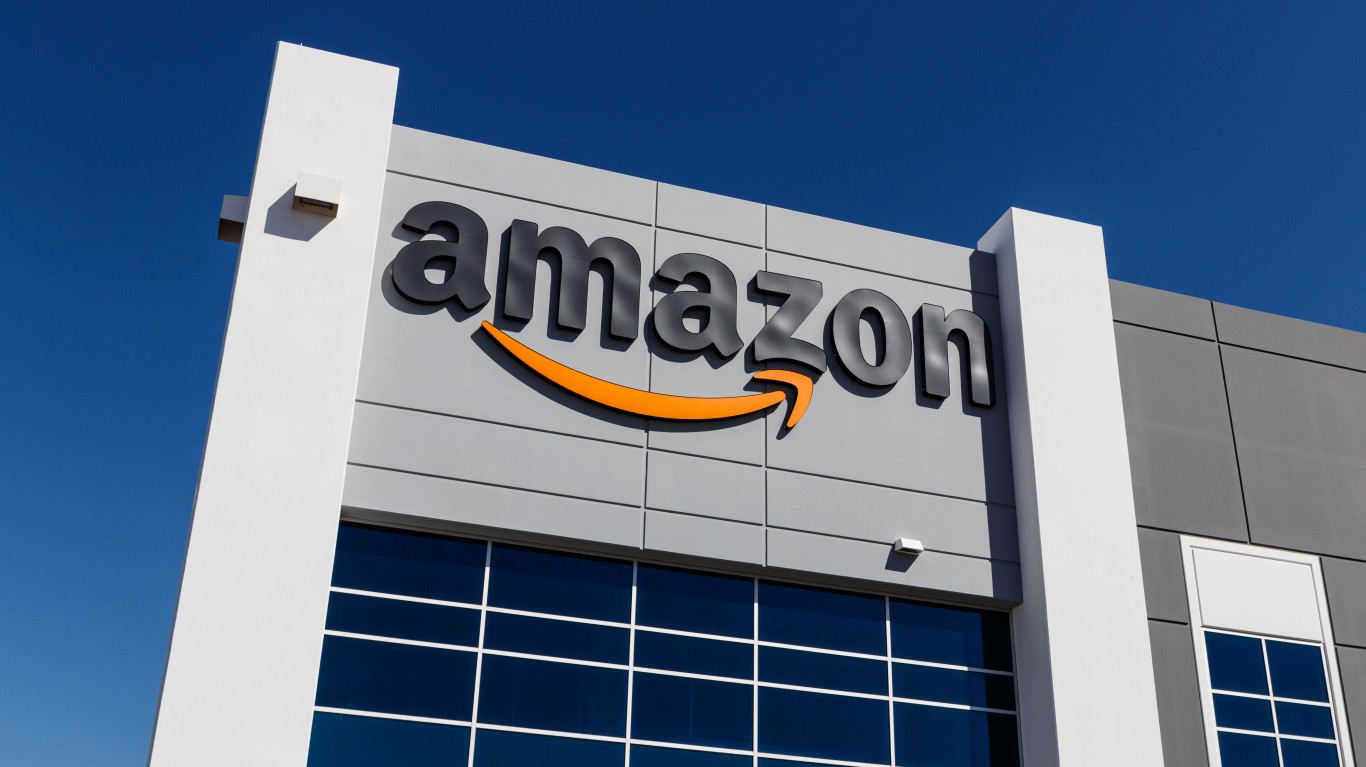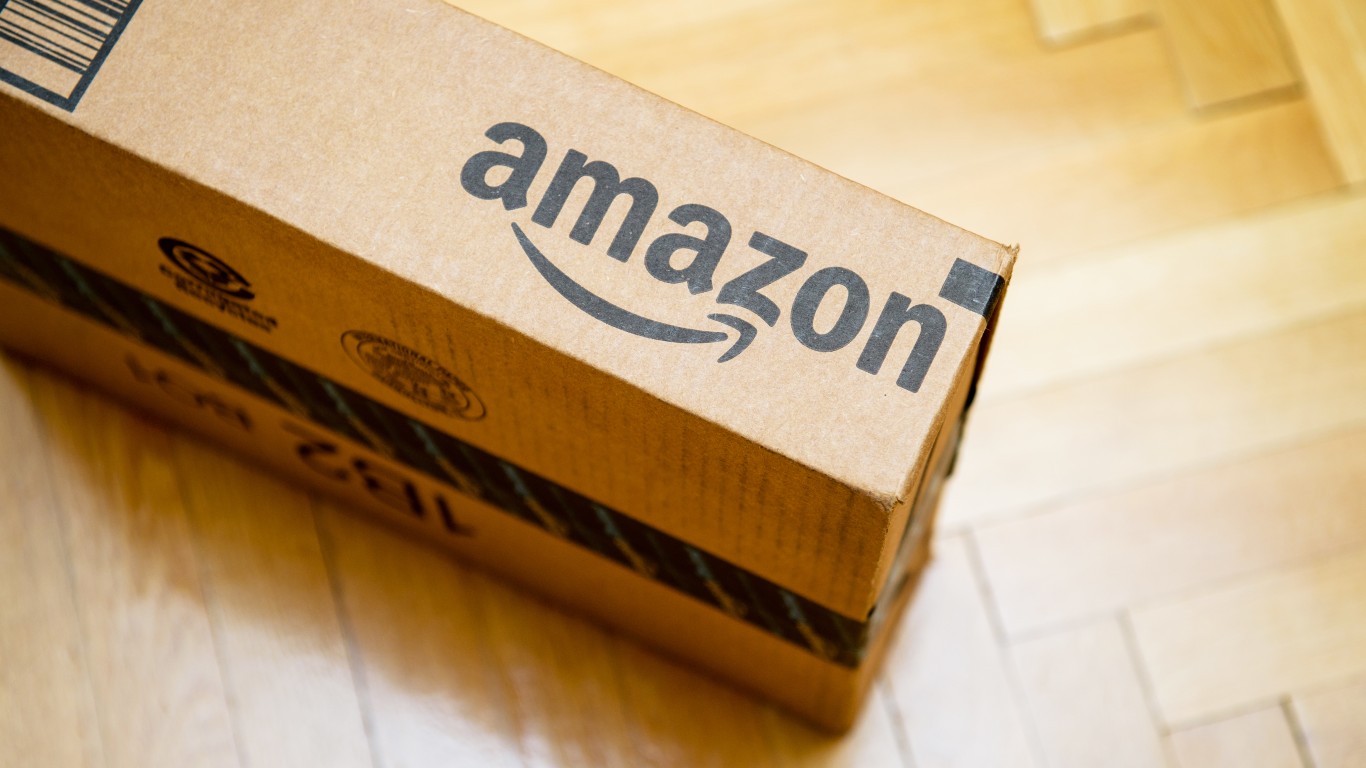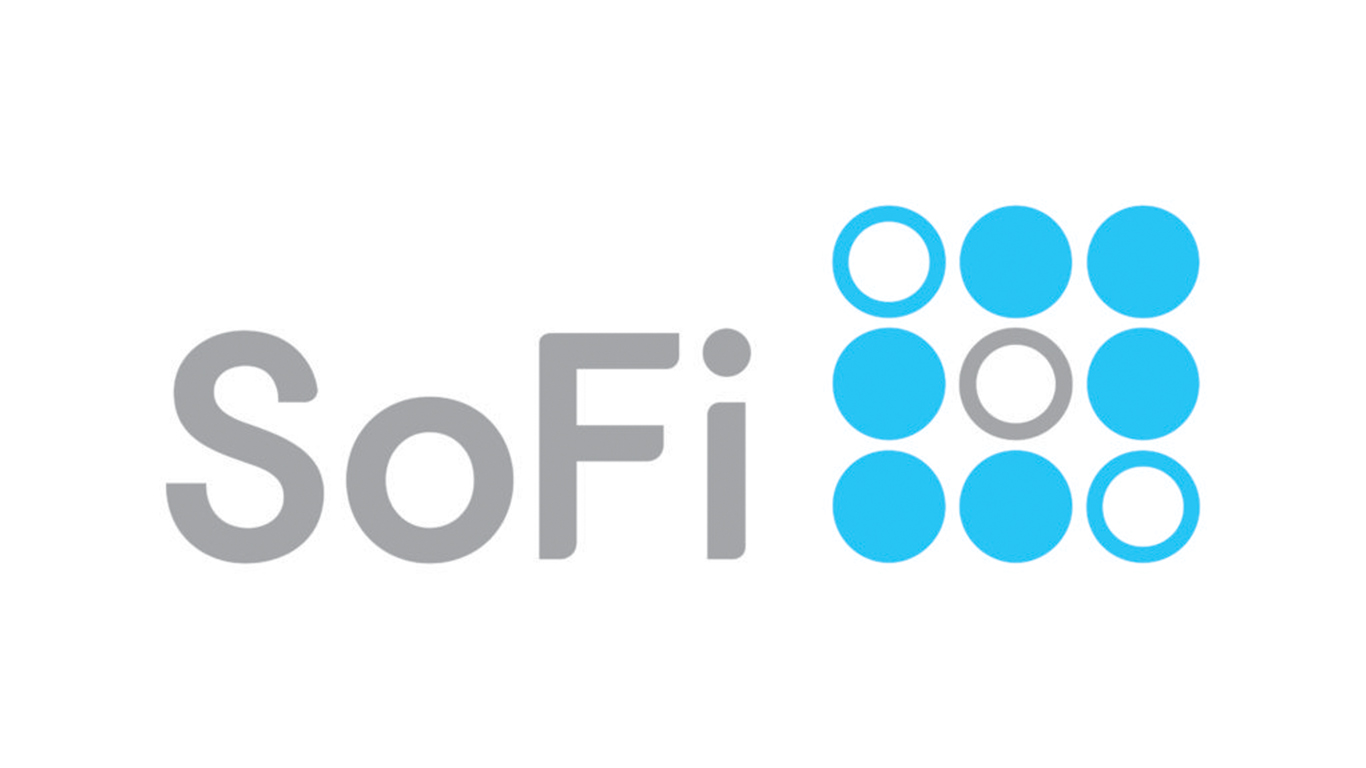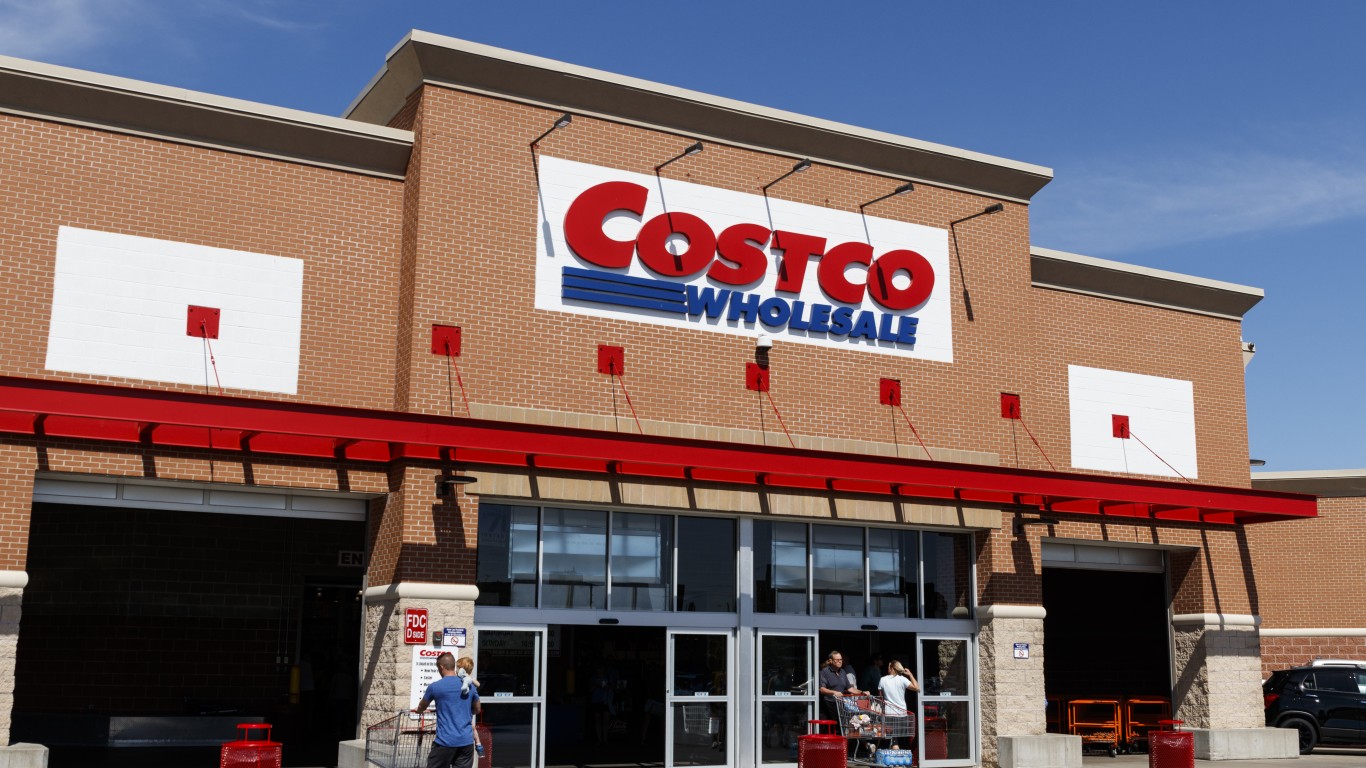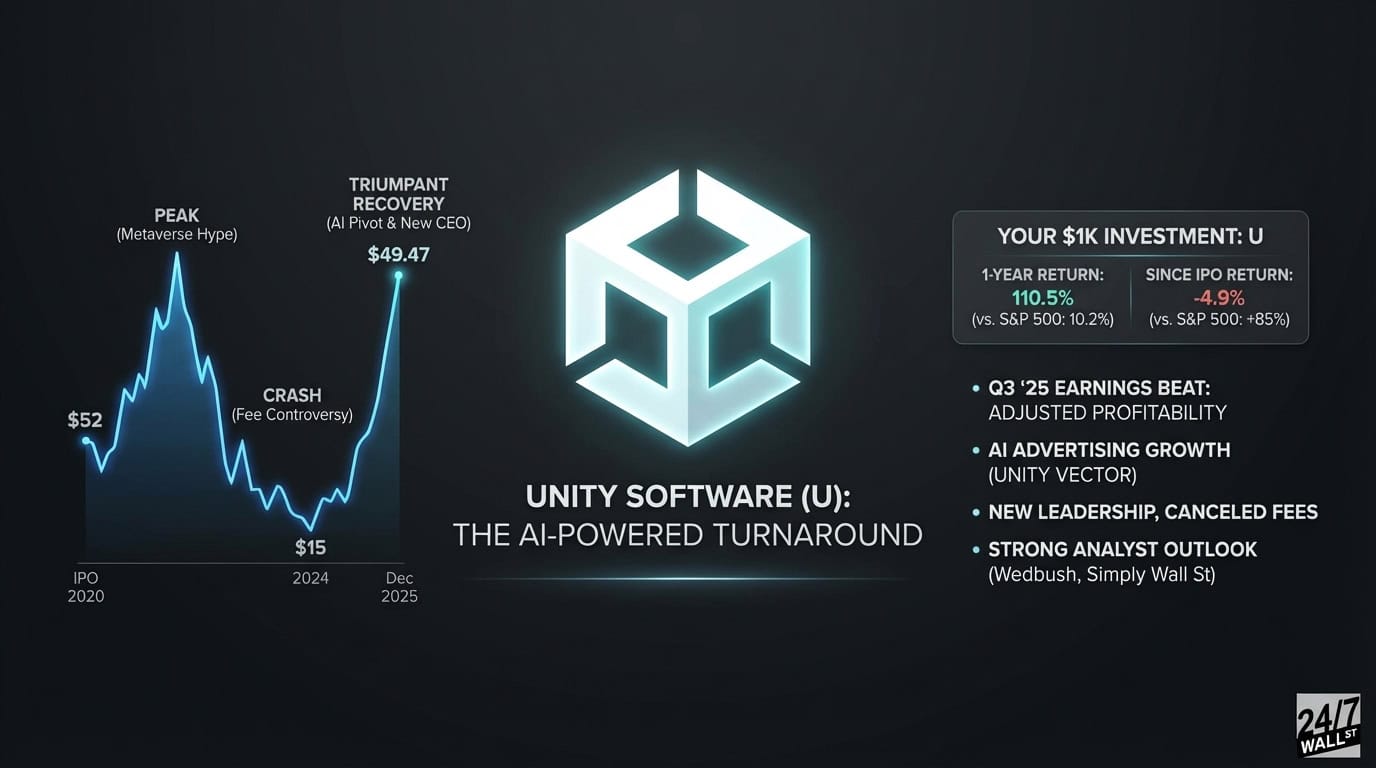#stock-performance
#stock-performance
[ follow ]
#tesla #meta-platforms #artificial-intelligence #electric-vehicles #earnings #reality-labs #applovin
Business
fromFortune
4 days ago'What do you think is going on with the stock price?': Starbucks CEO Brian Niccol says baristas' market savvy makes him proud | Fortune
Starbucks CEO Brian Niccol engages baristas to gauge investment interest and pride, promotes employee ownership via Bean Stock, and enacts workplace policy changes.
from24/7 Wall St.
3 weeks agoMicrosoft (NASDAQ: MSFT) Stock Price Prediction and Forecast 2026-2030 (Jan 2026)
Microsoft stock has been a millionaire maker for decades, with a stock split-adjusted IPO price of $0.14, which means that at today's stock price around $480, the stock is up about 506,200%. That would have turned a $1,000 investment at Microsoft's initial public offering into about $5.4 million today, including dividends and stock splits. In the past month, Microsoft acquired AI firm Osmos, committed $17.5 billion to expand its cloud and AI infrastructure in India,
Business
fromThe Motley Fool
1 month agoHere's Why I Wouldn't Touch Snap Stock With a 10-Foot Pole | The Motley Fool
For instance, Meta Platforms closed the third quarter with 3.54 billion daily active users and $51.2 billion in revenue. That comes to $14.46 per daily active user. Meanwhile, Snap closed the quarter with 477 million daily active users and $1.51 billion in revenue, which comes to $3.14 per user. Both companies grew their daily active users by 8% year over year.
Business
US politics
fromFortune
1 month agoLeaders in Congress outperform rank-and-file lawmakers on stock trades by up to 47% a year, researchers say | Fortune
Congressional leaders' stock trades outperform regular members by up to 47% annually, driven by agenda-setting power, party control, privileged firm access, and campaign connections.
Business
from24/7 Wall St.
1 month agoNetflix Doubled Your Money in 12 Months After Years of Lagging the Market
Netflix regained subscriber and revenue growth through international expansion, an ad-supported tier, and a password-sharing crackdown, producing strong revenue, profits, and significant stock gains.
fromLondon Business News | Londonlovesbusiness.com
2 months agoStudy reveals which CEOs actually make or break company stock prices
A new study by proprietary trading firm Tradeify has revealed that Ford's Jim Farley created the most significant positive impact on stock price among major CEOs, with shares rising 77% above market performance following his appointment. The analysis examined stock performance six months before and after CEO appointments, adjusted against S&P 500 performance during the same period.
Business
Business
from24/7 Wall St.
2 months agoPalantir Technologies (NASDAQ: PLTR) Stock Price Prediction for 2025: Where Will It Be in 1 Year
Palantir's stock has soared on AI adoption and major government contracts, delivering strong Q3 results, yet carries a high forward P/E and reduced institutional ownership.
from24/7 Wall St.
2 months agoLucid (NASDAQ: LCID) Stock Price Prediction and Forecast 2025-2030 (Dec 2025)
This year, the company announced it would acquire production facilities from bankrupt electric truck maker Nikola, as well as management changes, including the chief executive stepping down and the chief operating officer becoming interim CEO. Actor Timothée Chalamet was named its first-ever Global Brand Ambassador, and Lucid made a robotaxi deal with Uber. Lucid effected a 1-for-10 reverse stock split, and it announced a major collaboration with AI chipmaker Nvidia Corp. ( NASDAQ: NVDA).
Business
Information security
from24/7 Wall St.
2 months agoCrowdStrike (NASDAQ: CRWD) Stock Price Prediction and Forecast 2025-2030 (Nov 2025)
CrowdStrike is a leading global cybersecurity firm whose stock has surged substantially, formed strategic partnerships with Google, F5, and CoreWeave, and earned workplace recognition.
[ Load more ]

